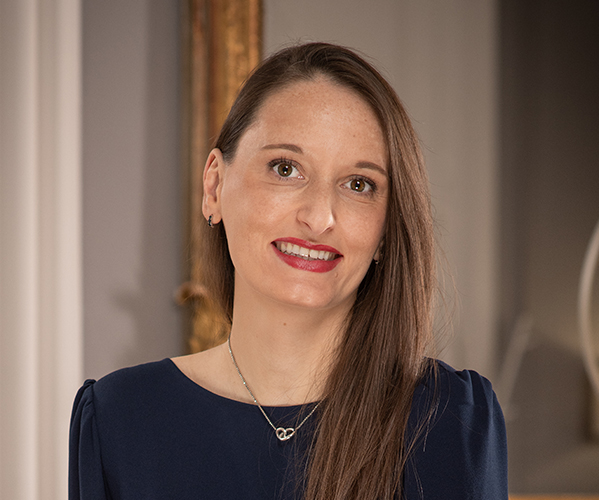A will can be authentic, holographic, sealed, or even international. Regardless of the form, it is always an important act that requires proper thought. It is strongly recommended that you consult a notary in order to draft it.
A will allows you to prepare your succession and choose your heirs, but you are not always free to pass on your entire estate to whomever you want, under the French law.
Specialized in divorces and amicable or contentious successions, the employees and notaries of Etude 352 provide couples of recomposed families with practical advice based on their experience. For example, it is quite possible to ensure the protection of the spouse without disinheriting children born from a previous union.
Due to the certification in international law of Etude 352, the collaborators and specialized notaries can help bi-national clients, residents abroad or owners of property abroad to be aware of the law applicable to their succession and property, which is located abroad.
During a first meeting with the Etude, the notary takes stock of the situation in the absence of a will and then talks about the client’s wishes. The latter then checks whether or not they differ from the legal devolution and whether these wishes are compatible with the law applicable to the succession. Last but not least, the notary addresses tax issues to determine in particular whether the transfer of assets will be bearable for the future heir or whether it is necessary to consider a transfer of assets through a donation during the client’s lifetime to reduce the tax cost on the day of death.
During a visit to Etude 352 for an acquisition file, the real estate department, which has a cross-disciplinary vision of the business, may be likely to ask questions to determine whether the real estate assets acquired jointly, by Civil union partners for example, may be retained and under what conditions in the event of the death of one of the co-owners.
A will can be written entirely by the hand of the testator and modified at any time if it no longer corresponds to the situation or the expectations of its author. To avoid any issues when the estate of its author ends up with the will, it is useful to deposit it with a notary who keeps it under investigation and mentions its existence in the Central File of Dispositions of Last Wills which is consulted at the opening of any succession.



